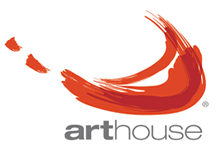The Four Freedoms of Free Software
A free software is an item of computer code that can be used while not restriction simply by online data room the original users or by someone else. This can be done by copying this software or enhancing it, and sharing it in various ways.
The software independence movement was started in the 1980s by Richard Stallman, who was concerned that proprietary (nonfree) software constituted a form of oppression for its users and a violation with their moral legal rights. He created a set of 4 freedoms intended for software to be considered free:
1 . The freedom to alter the software.
This is actually the most basic belonging to the freedoms, and it is the one that constitutes a free plan useful to nearly all people. It is also the liberty that allows a grouping of users to talk about their modified version with each other as well as the community at large.
2 . The liberty to study this software and know the way it works, to enable them to make changes to it to install their own applications.
This independence is the one that the majority of people consider when they hear the word “free”. It is the liberty to tinker with the method, so that it does what you want it to do or perhaps stop undertaking anything you would not like.
4. The freedom to distribute copies of your modified versions to others, so that the community at large can benefit from your improvements.
This independence is the most important from the freedoms, in fact it is the freedom generates a free course useful to its original users and to other people. It is the flexibility that allows a grouping of users (or person companies) to produce true value added versions belonging to the software, that can serve the needs of a specific subset of your community.

